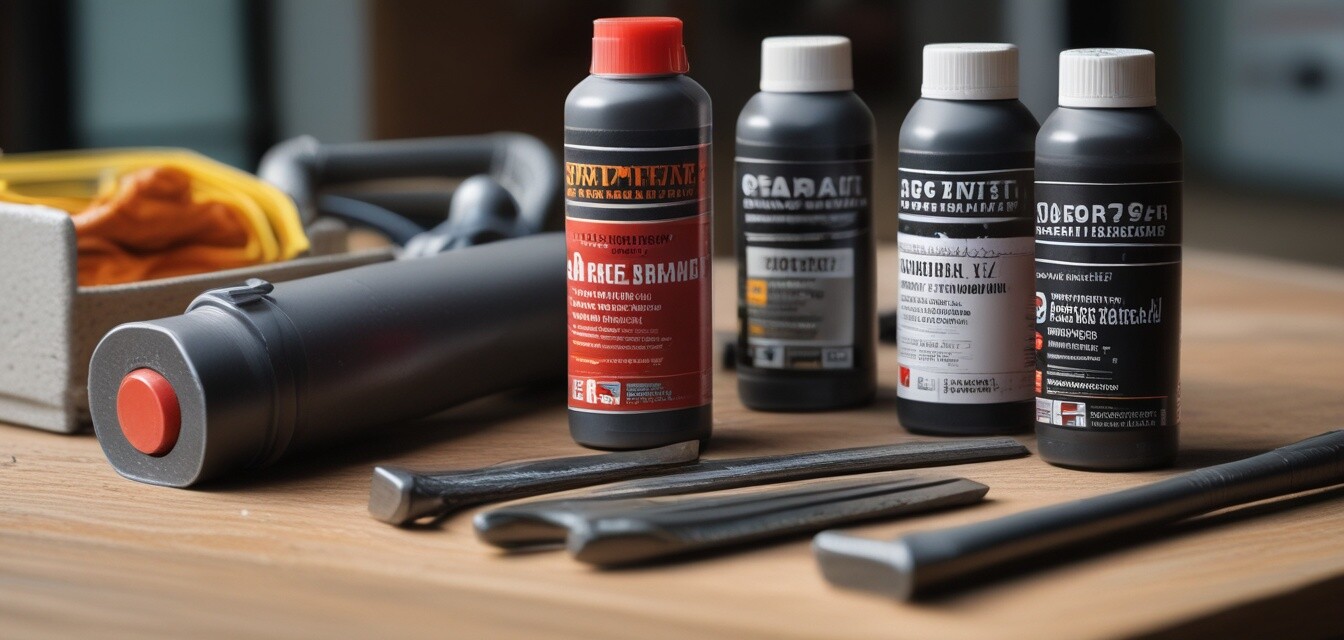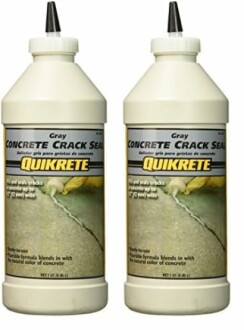
How to Choose the Right Sealant for Your Asphalt
Key Takeaways
- Understanding the type of asphalt surface is essential for selecting the right sealant.
- Different sealants offer various benefits, such as flexibility, durability, and ease of use.
- Factors like climate and traffic conditions can affect the performance of sealants.
- Applying sealants correctly ensures maximum lifespan and protection for asphalt surfaces.
Choosing the right sealant for your asphalt surfaces is crucial to maintaining durability and extending the life of your asphalt. With various options available on the market, knowing what works best for your specific needs is essential. This comprehensive guide will help you understand the various types of sealants, their applications, and important factors to consider.
Types of Asphalt Sealants
Sealants come in different formulations, each designed for specific applications. Understanding these types will assist you in making an informed decision.
| Sealant Type | Best For | Key Features |
|---|---|---|
| Coal Tar Sealant | Heavy-duty, commercial use | Durable, resistant to oil and fuel, can last up to 3 years |
| Acrylic Sealant | Residential driveways | Water-based, flexible, environmentally friendly |
| Asphalt Emulsion Sealant | Repairing potholes and cracks | Easy to apply, good for minor repairs, less durable |
| Rubberized Sealant | Diverse asphalt surfaces | Offers additional flexibility, excellent crack filling |
Factors to Consider When Choosing Sealants
Several factors will influence your choice of sealant, so let’s cover the most important ones.
- Type of Surface: The type of asphalt (dense or porous) will determine the best sealant.
- Climate: Extreme temperatures can affect sealant performance.
- Traffic Levels: Heavily trafficked areas need more durable sealants.
- Application Ease: Some sealants are more user-friendly than others.
Understanding Performance and Maintenance
The performance of sealants can vary based on their formulation and the conditions they face.
- Durability: Choose a sealant that can withstand wear from vehicles and weather.
- Flexibility: A good sealant should remain flexible to cope with shrinking and swelling.
- Maintenance Requirements: Some sealants need regular reapplication.
Application Tips
Proper application is key to optimizing the lifespan of your chosen sealant. Here are some tips:
- Ensure the asphalt surface is clean and free from debris.
- Check for cracks and potholes and fill them before sealing.
- Use the recommended tools for application, such as a squeegee or roller.
- Follow the manufacturer’s guidelines for drying and curing times.
Featured Product: Quikrete Concrete Crack Seal
For those tackling repair jobs, consider using Quikrete Concrete Crack Seal Natural 1 Qt (Pack of 2). This product is designed for filling cracks and ensuring your asphalt surface stays intact.
Quikrete Concrete Crack Seal Natural 1 Qt (Pack of 2)
This easy-to-use and durable sealant is perfect for tackling asphalt repairs effectively.
Learn MoreConclusion
Selecting the right sealant for your asphalt is essential for protection and longevity. By considering the type of surface, environmental factors, and using proper application techniques, you’ll make a wise investment in your asphalt paving projects. For more information about other tools and materials, check out our section on Sealants and Crack Fillers, and don’t forget to explore our How-To Guides for detailed tutorials!
Tips for Beginners
- Do a small test patch before applying sealant to the entire area.
- Read all manufacturer instructions carefully to ensure the best results.
- Timing your sealant application during suitable weather conditions enhances performance.


